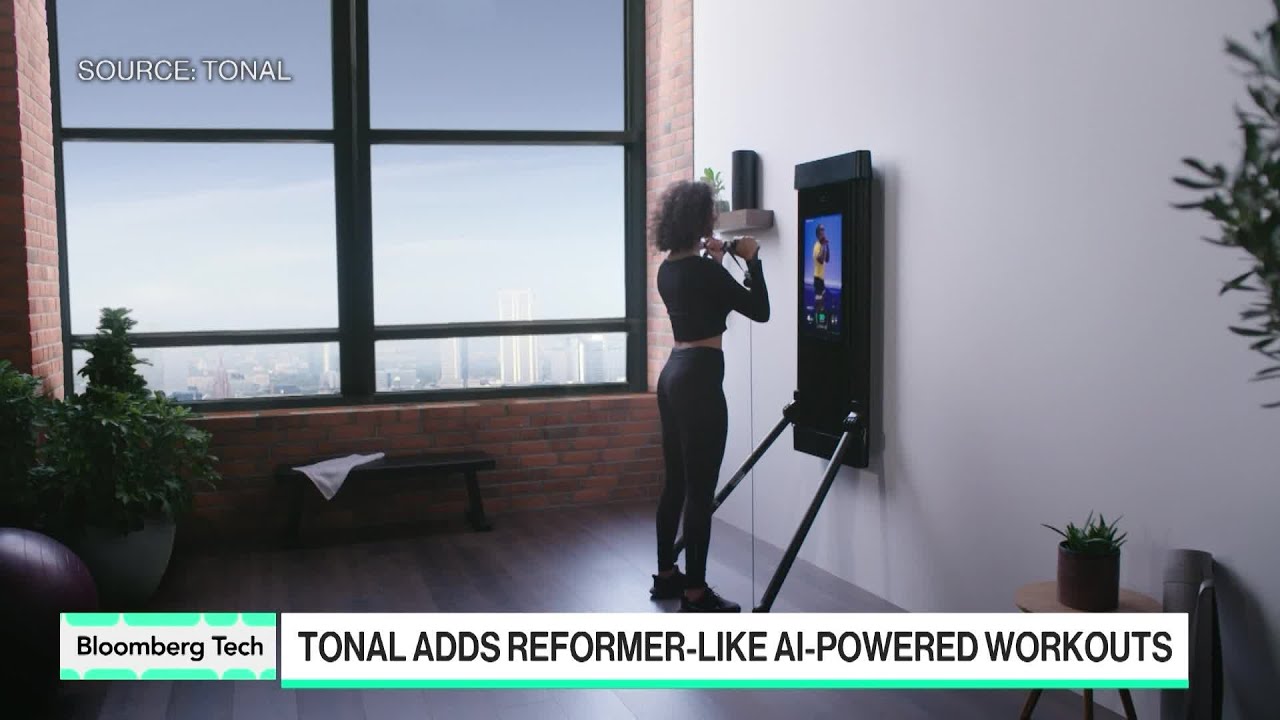Tonal has significantly expanded its distribution and introduced a new AI-driven Pilates feature called Polaris, developed with Kristen McGee, to make Pilates more accessible at home by mimicking reformer resistance. Leveraging data from nearly 300,000 users, Tonal personalizes workouts in real-time, justifying its premium pricing while exploring future hardware diversification and growth opportunities.
The company has recently expanded its distribution network significantly, growing from 19 to over 100 locations in the past year. This expansion allows more customers to physically experience their product, which has contributed to a high Net Promoter Score (NPS) of 75% and one of the lowest churn rates in the category. The strategy focuses on enabling potential buyers to see, touch, and feel the system, which increases the likelihood of purchase.
Tonal positions itself as a premium strength training system, essentially a personal trainer mounted on the wall that offers a full gym experience. The system personalizes workouts in real-time, adjusting weights by small increments based on the user’s performance, making it unique in the market. Despite the sensitivity around pricing in the fitness industry, Tonal believes its advanced AI-driven platform justifies its premium pricing by delivering a highly personalized and effective strength training experience.
A key new feature announced is the integration of Pilates through the Polaris system, developed in collaboration with Kristen McGee. Although two-thirds of Tonal’s members are interested in Pilates, only 17% currently participate due to accessibility issues with traditional classes. The Polaris system mimics the resistance curves of a Pilates reformer, allowing more users to engage with Pilates workouts conveniently at home, complementing Tonal’s existing strength, yoga, and cardio offerings.
Artificial intelligence plays a central role in Tonal’s platform, leveraging a vast database from nearly 300,000 members lifting a combined total of around £300 billion. This data allows the system to analyze various metrics such as weight lifted, repetitions, force, velocity, and range of motion to tailor workouts and predict outcomes effectively. This AI-driven approach helps users get stronger more efficiently than with other systems, reinforcing Tonal’s position as a premium fitness solution.
Looking ahead, the company is exploring opportunities to diversify its hardware offerings, potentially introducing more affordable options or alternative products, although no specific announcements have been made yet. Additionally, Tonal remains open to raising capital to fuel growth, support new hardware development, acquire customers, and expand into new fitness modalities like Pilates, aiming to sustain and accelerate its market presence.
